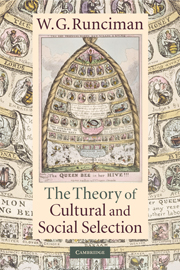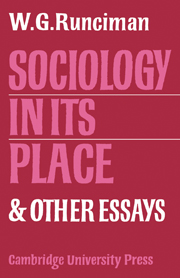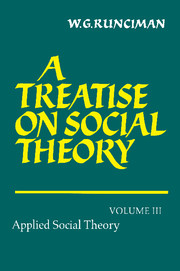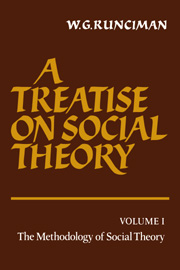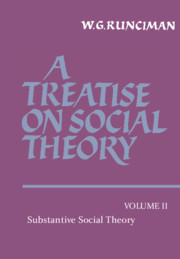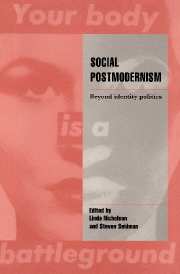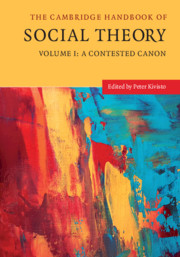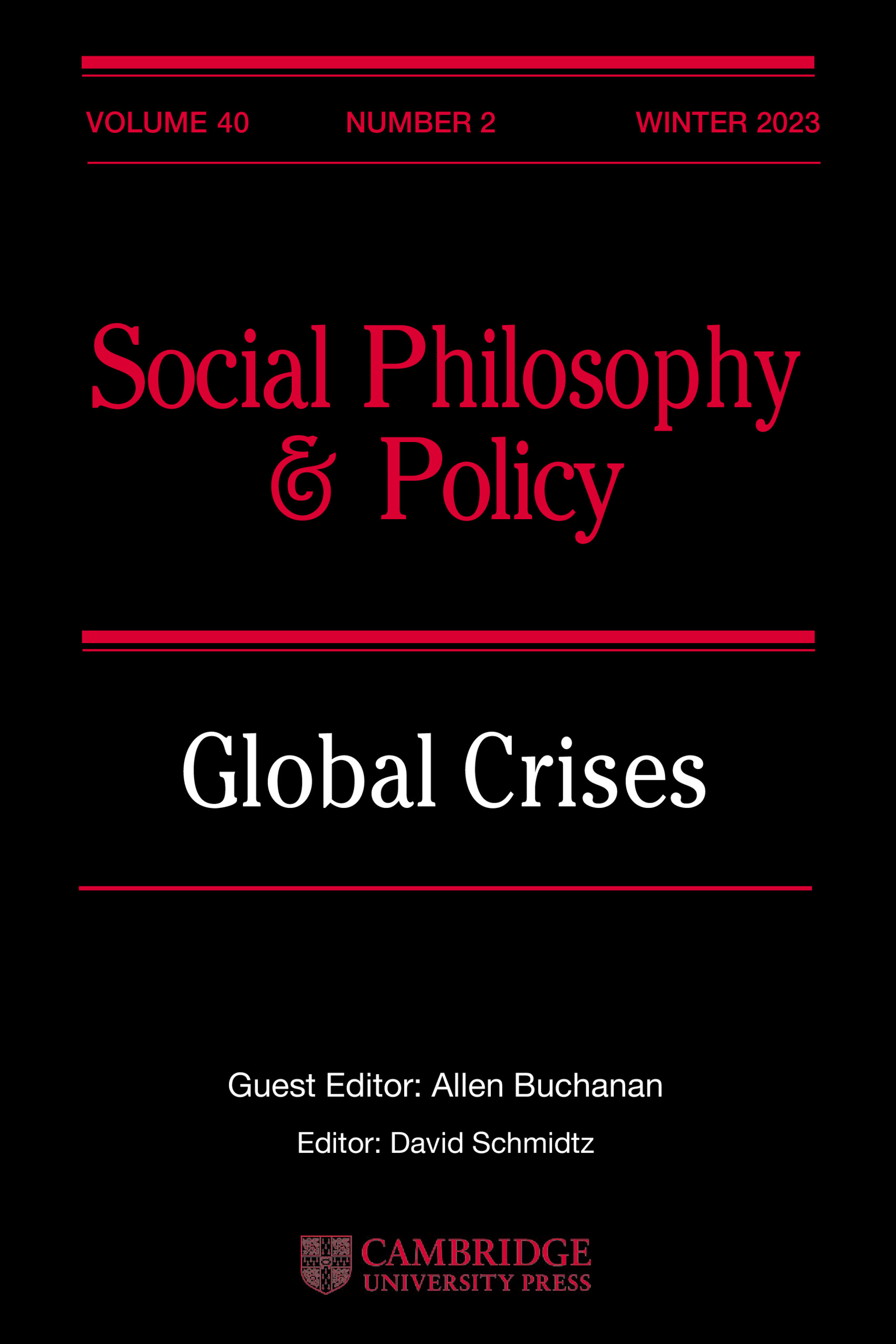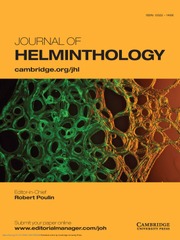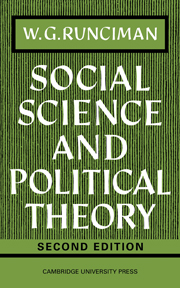The Theory of Cultural and Social Selection
$38.99 ( ) USD
- Author: W. G. Runciman, University of Cambridge
- Date Published: June 2010
- availability: This ISBN is for an eBook version which is distributed on our behalf by a third party.
- format: Adobe eBook Reader
- isbn: 9780511687211
Find out more about Cambridge eBooks
$
38.99 USD
( )
Adobe eBook Reader
Other available formats:
Hardback, Paperback
Looking for an examination copy?
If you are interested in the title for your course we can consider offering an examination copy. To register your interest please contact [email protected] providing details of the course you are teaching.
-
In The Theory of Cultural and Social Selection, W. G. Runciman presents an original and wide-ranging account of the fundamental process by which human cultures and societies come to be of the different kinds that they are. Drawing on and extending recent advances in neo-Darwinian evolutionary theory, Runciman argues that collective human behaviour should be analyzed as the acting-out of information transmitted at the three separate but interacting levels of heritable variation and competitive selection - the biological, the cultural, and the social. The implications which this carries for a reformulation of the traditional agenda of comparative and historical sociology are explored with the help of selected examples, and located within the context of current debates about sociological theory and practice. The Theory of Cultural and Social Selection is a succinct and highly imaginative contribution to one of the great intellectual debates of our times, from one of the world's leading social theorists.
Read more- A concise discussion of one of the fundamental debates of our time, from one of the world's leading social theorists
- Takes neo-Darwinian evolutionary theory into a sociological framework in a way that has not previously been done in such depth
- Endeavours to break down resistance to neo-Darwinian theory from sociologists and anthropologists
Reviews & endorsements
"Runciman's puzzle is how to bring together different levels of change and differentiation in human existence - from the biological to the social - under a single analytic framework, one that rests firmly on a Darwinian logic of selection.... With a remarkable depth and insight, Runciman can give penetrating answers to the 'why' questions." - The Times Literary Supplement
Customer reviews
Not yet reviewed
Be the first to review
Review was not posted due to profanity
×Product details
- Date Published: June 2010
- format: Adobe eBook Reader
- isbn: 9780511687211
- availability: This ISBN is for an eBook version which is distributed on our behalf by a third party.
Table of Contents
Preface
Prologue. The Darwinian legacy
1. The neo-Darwinian paradigm
2. Natural selection and evoked behaviour
3. Cultural selection and acquired behaviour
4. Social selection and imposed behaviour
5. Selectionist theory as narrative history
Epilogue. Sociology in a post-Darwinian world.Instructors have used or reviewed this title for the following courses
- Social Change and Modernization
- Sociology of Popular Culture
Sorry, this resource is locked
Please register or sign in to request access. If you are having problems accessing these resources please email [email protected]
Register Sign in» Proceed
You are now leaving the Cambridge University Press website. Your eBook purchase and download will be completed by our partner www.ebooks.com. Please see the permission section of the www.ebooks.com catalogue page for details of the print & copy limits on our eBooks.
Continue ×Are you sure you want to delete your account?
This cannot be undone.
Thank you for your feedback which will help us improve our service.
If you requested a response, we will make sure to get back to you shortly.
×
